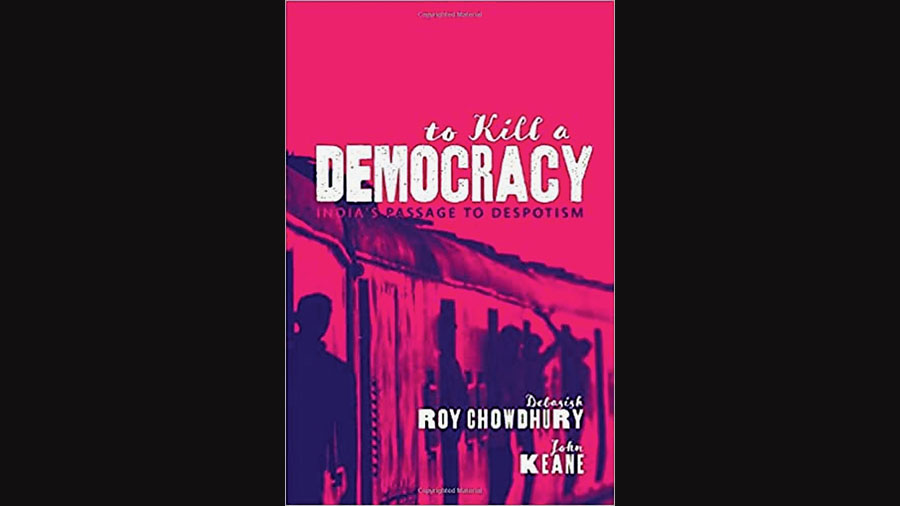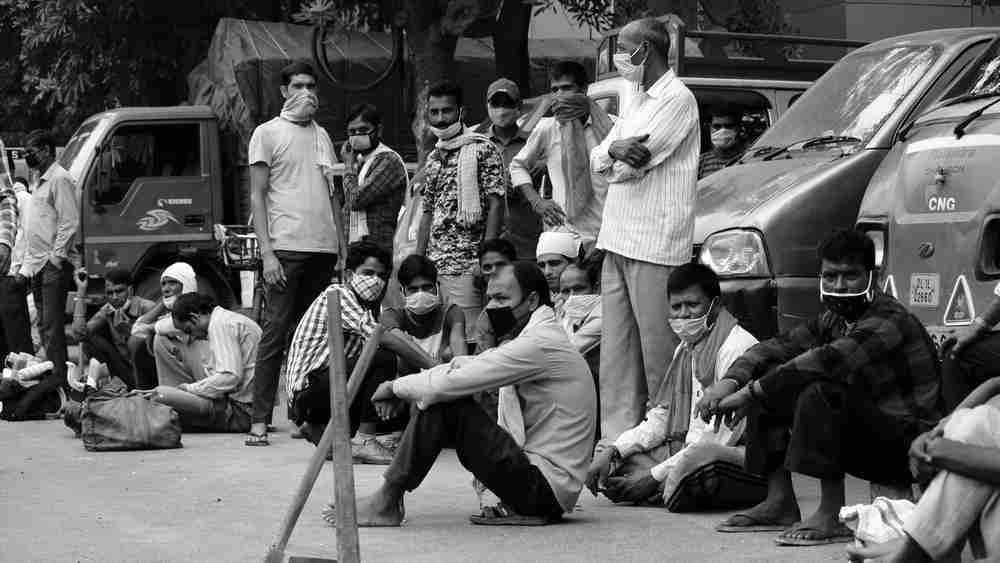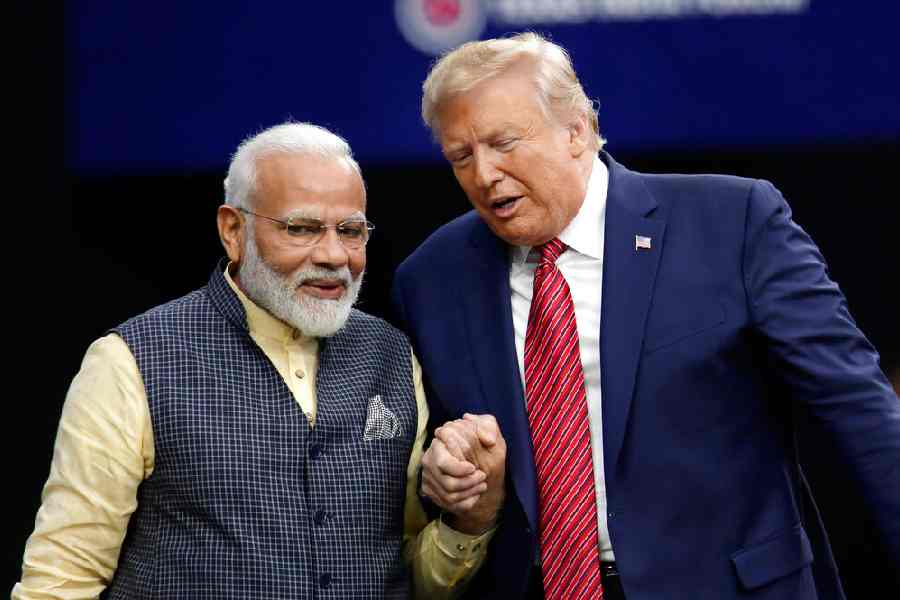The authors of a book titled To Kill A Democracy: India’s Passage to Despotism have gone public with their concerns over the delay on the part of Oxford University Press (OUP), India, in releasing the Indian edition.
The book and one of its authors have been criticised in an article in the Organiser magazine that usually echoes the views of the Sangh.
Authored by Hong Kong-based Indian journalist Debasish Roy Chowdhury and Sydney University political science professor John Keane, the book had been scheduled for release in India in the first week of July but there is no sign of it two months later.
OUP India said a second review was being done because the sales team in India had found the contents to be “provocative” and attributed the delay to the pandemic, among other reasons. The company denied “any pressure” to stall the release of the edition.
The book, among other things, deals with the “growing alarm” about India’s “democratic health”. Roy Chowdhury, along with the book, had been blasted in the Organiser magazine for articles he wrote in the Time magazine criticising the Narendra Modi government’s handling of the pandemic.
On May 30, almost a month before the global release of the book, the Organiser had carried the article alleging a “deep-rooted conspiracy” against the BJP and Modi.
Last week, upset with the delay, Keane took to social media to allege possible censorship. He tweeted on September 15: “3 months after its global publication, the promised Indian edition of To Kill A Democracy @OxUniPress is still unavailable to readers there…. Is this censorship, the cowardly art of killing a book?”
Keane posted a video clip from a discussion hosted by a Hyderabad-based forum for public discourse, Manthan, earlier this month where he had said: “This is a tragi-comic remark but Debasish and I are beginning to worry that a book with the title To Kill A Democracy is actually killed in a democracy. This would be an outcome that we never anticipated. It makes us very sad to ponder that possibility.”
Contacted by The Telegraph, Roy Chowdhury said that in April, the authors had been told by OUP that a cheaper Indian edition would be out in the first week of July after the global launch in the last week of June. “But before the global launch, OUP (Oxford) said (OUP) India wanted to do a second review, which will not affect the UK launch,” he said.
This took the authors by surprise as the book had already been reviewed favourably in the UK by OUP Oxford. Although they had not been intimated earlier about a second review, the authors went along, expecting little more than a short delay.
Alarm bells started ringing for them when there was no sign of the book even a month later and there was no communication from OUP India. The book began showing up on Amazon India at a price equivalent to the rupee value (around Rs 2,000) of the global edition.
Both authors said OUP India had not given them a satisfactory reply on what necessitated a second review. Why was the second review initiated as late as May-June when OUP India itself had scheduled the book for release for early July, they asked. Neither has OUP India shared a copy of the second review with the two authors, they said.
An OUP India spokesperson told this newspaper that the delay was on account of the second wave of the pandemic in India and warehouse shifting, adding that the book would be released this week.
As for the second review, the spokesperson said this was standard policy, adding that the “sales team felt the content is provocative”.
The spokesperson categorically denied that the article in the Organiser had anything to do with the delay. “There was no pressure from anywhere to delay or stop publishing the book,” the spokesperson said.
This newspaper reached out to Organiser editor Prafulla Ketkar on Monday for his response on whether the magazine team had read the book before writing such an indictment or if the criticism was based on Roy Chowdhury’s articles. There was no response till Tuesday evening.
The description of the book on the OUP website suggests it has not confined itself to the Modi regime.
The description says the book “rejects the belief that India was once a beacon of democracy but is now being ruined by the destructive forces of Modi-style populism. The book details the much deeper historical roots of the present-day assaults on civil liberties and democratic institutions.”
The book’s authors said they had no way of knowing if OUP India had acted under pressure.
“We cannot claim to have any knowledge about the reasons for the delay. We do not want to make conjectures about political pressure, etc. We really have no proof of that. But the delay is mystifying, the mystery deepened by OUP India’s complete lack of communication on just what it is that’s holding up the book,” Roy Chowdhury said. “We were not told about any ‘concern’ of their sales team.”
Keane said: “The unexplained confusion and delay comes as a total surprise after the way OUP had encouraged us throughout our book journey. Our book wouldn’t have been possible without the unwavering and very professional support of the OUP team members at Oxford who’ve tirelessly supported and promoted the book. But the experience with the India leg of OUP worries us deeply.”
Another sore point is OUP India’s apparent decision to increase the price.
“We now understand the book is priced at Rs 995 by OUP India, which is far higher than the Rs 695 that it had originally set for the locally published edition. The local price was meant to be affordable so that more people can read it. We do not think this is a mass-market price, and are deeply unhappy that OUP India did not even bother to inform the authors of a nearly 50 per cent price increase, let alone explain the reasons for it,” Roy Chowdhury said.













